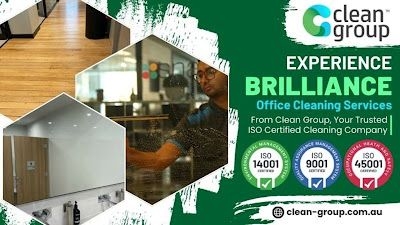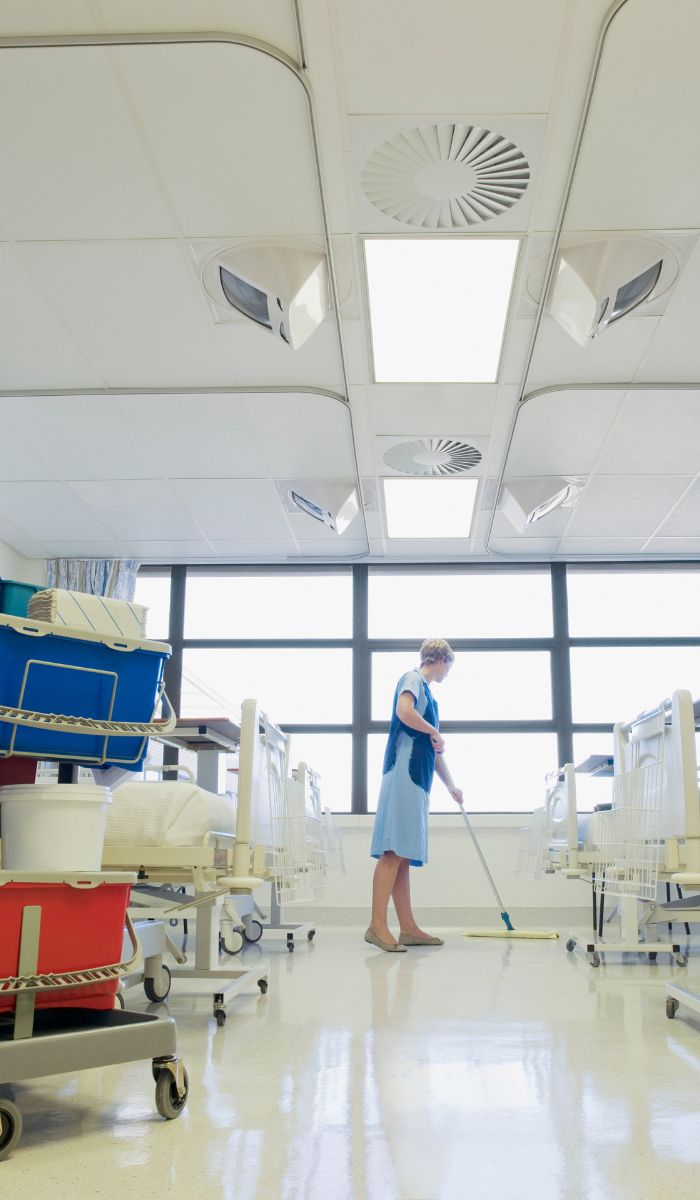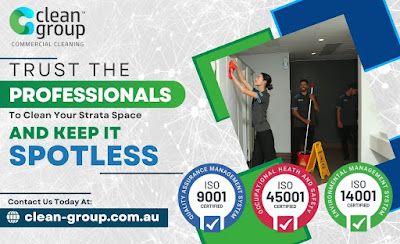
Frequently Used Cleaning Chemicals in Commercial Settings
Why Background Checks Are Important for Cleaners
In addition to data analytics, customer relationship management (CRM) software is becoming increasingly important in the commercial cleaning industry. CRMs help cleaning companies maintain strong relationships with their clients by tracking communication, scheduling services, and handling customer feedback. This allows cleaning companies to provide a more responsive service and improve customer satisfaction. Clean Group provides comprehensive and professional Clean Group A Trusted ISO Certified Company across Sydney, NSW. Our fully insured, trained, and security-verified cleaners ensure your workplace stays spotless and hygienic. Schedule a free onsite quote today—book online or call us at 02 9160 7469. Get your obligation-free commercial cleaning estimate for offices, buildings, and other business spaces in Sydney.. By keeping clients informed about the cleaning schedule, any delays, or issues that arise, cleaning companies can build trust and ensure that they meet the client's expectations consistently. Furthermore, CRM tools enable cleaning companies to streamline administrative tasks, freeing up time and resources that can be used to focus on service improvement and growth.
Security and confidentiality have also become key considerations in commercial cleaning, particularly in government buildings, law firms, financial institutions, and corporate offices. Cleaners may be exposed to sensitive documents, secure areas, or confidential data. As a result, companies often require background checks, non-disclosure agreements, and training in proper handling of secure materials. Some facilities limit cleaning staff access to certain zones or implement badge systems that track entry and exit. Building trust and accountability is essential in these relationships, and cleaning companies must demonstrate professionalism and reliability at every level.


